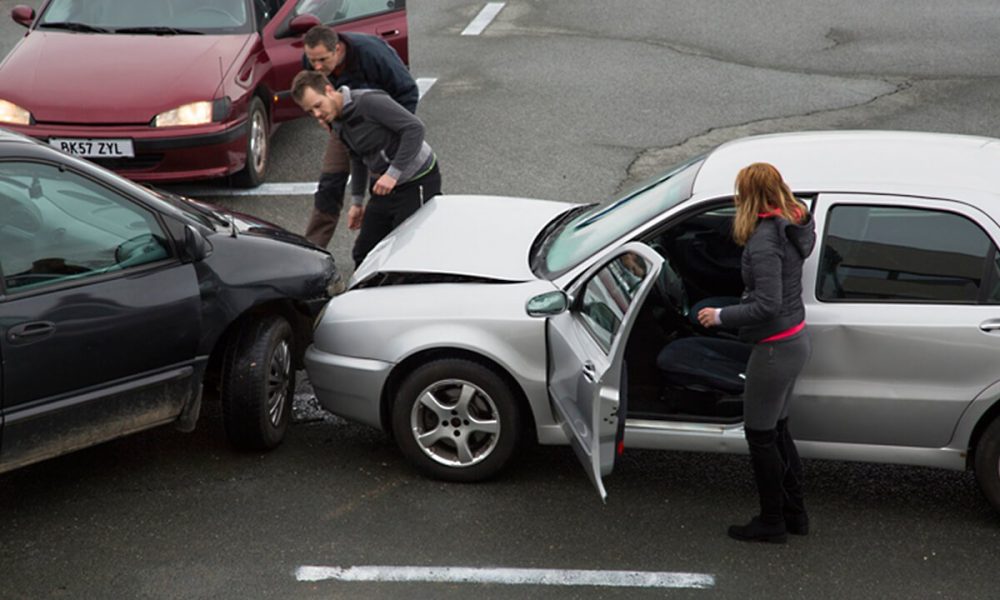Automobile liability insurance covers your financial obligations to others if you cause an auto accident and is typically state-mandated, but protection for your vehicle is not.
But it is an incredibly valuable addition to your financial protection portfolio.
Comprehensive (sometimes called “other than collision”) and collision insurance on an auto policy provides coverage for damage to your vehicle.
Collision provides coverage for your vehicle if you collide with another vehicle or object. Collision also includes coverage for damage from a rollover.
Comprehensive insurance provides coverage for vehicle damage for a broader scope of incidents, including wind and/or hail damage, theft, vandalism, and fire, among other causes of loss. Glass replacement can also be included under comprehensive coverage.
Both comprehensive and collision coverages are subject to a deductible, a dollar amount you are responsible for prior to the company’s payment for damage to your vehicle. If you owe money on your vehicle, your lender will have stipulations as to the maximum deductible limit acceptable. Most common maximum deductibles are $1,000 or less.



